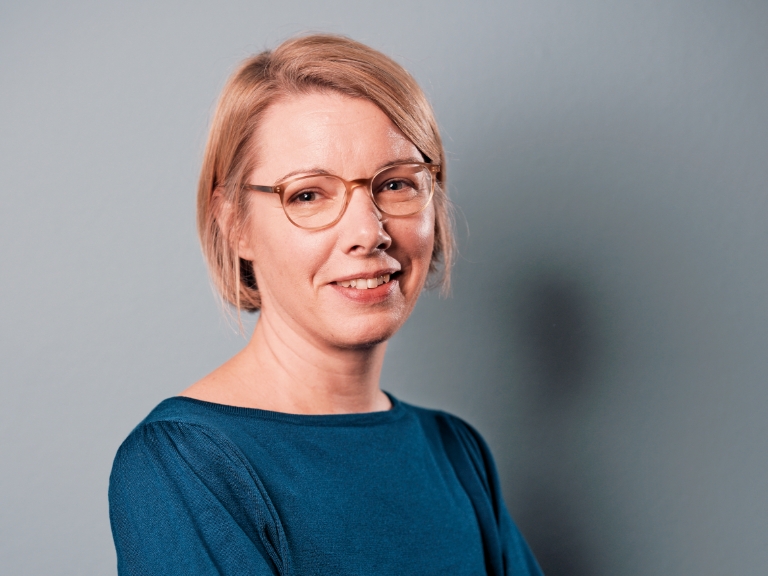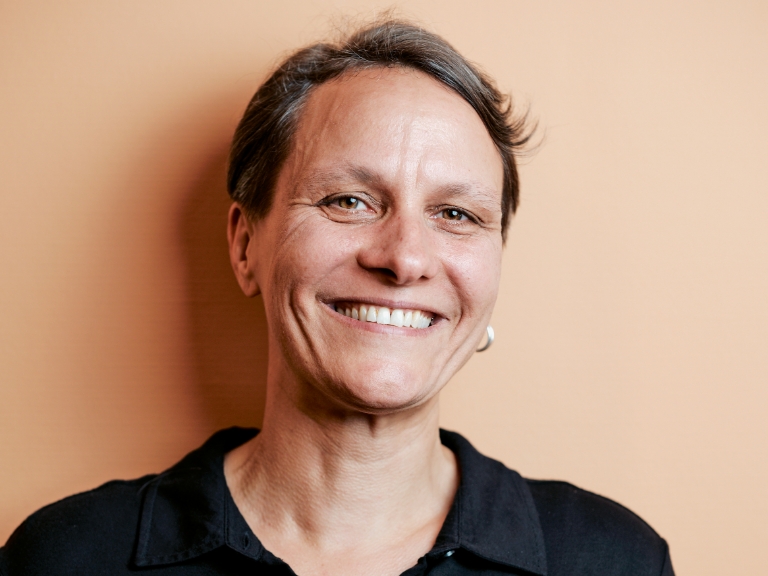Teaching scientific thinking
Aymo Brunetti: How political would you like it to be?
How do professors manage to keep the discourse in their courses open and unbiased? And what experiences do they have outside the lecture halls with attempts at political appropriation? An economist expresses his own opinion.

Analyzing highly political issues logically
“This question is very relevant for the teaching of social sciences such as economics. In my introductory lecture in particular, I almost always deal with topics that are discussed controversially in the media and on which there are a wide variety of political views; this is what makes the field particularly interesting. In the first lecture, I address this directly. I would like to emphasize that the primary aim of the University is to convey the less controversial fundamentals of economics. I often call it the mechanics, i.e. the established knowledge about how an economy works and which economic policy changes usually trigger which economic responses.
The often hotly debated issue of fair income distribution, on the other hand, is a political issue that should be addressed as a citizen, but not as an analytical economist. However, economics can indirectly contribute by analyzing how politically desired redistribution can be achieved with as little waste of resources as possible. In this way, economics can be taught on a 'technical’ level despite topics that sometimes seem highly political.
As an economist, I never publicly endorse the views of certain political parties or stakeholder organizations and I am deliberately not a member of any party. This is one of the reasons why it has always been easy for me to nip any attempts at appropriation in the bud.”
About the person
Aymo Brunetti
is Professor of Economic Policy at the Institute of Economics.
University in an area of conflict
“Freedom and responsibility are interdependent”
Student numbers are increasing and financial resources are becoming scarcer. Rector Virginia Richter talks about how the University of Bern meets this challenge, defends academic freedom and participates in socially relevant debates.
Magazine uniFOKUS

Start ramp studies
This article first appeared in uniFOKUS, the University of Bern print magazine. Four times a year, uniFOKUS focuses on one specialist area from different points of view. Current focus topic: Studies
Subscribe to uniFOKUS magazineSubscribe to the uniAKTUELL newsletter

Discover stories about the research at the University of Bern and the people behind it.


